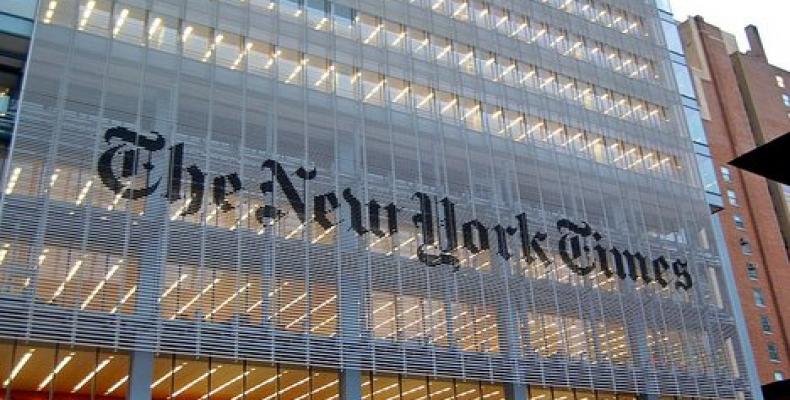
The New York Times apparently did not want to keep silent after Hillary Clinton had the “gall” of speaking in the very heart of Miami on the need to end the U.S. “embargo” on Cuba, meaning, of course, the U.S. blockade.... More
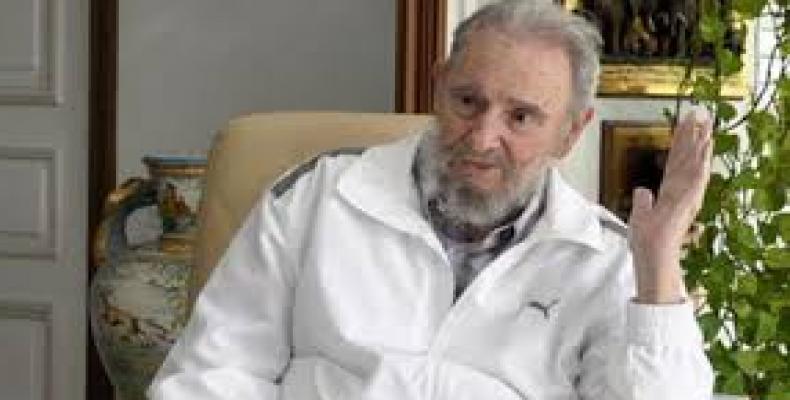
Just over one week away from his birthday, and although he has been away from the presidency for nearly ten years, Fidel Castro continues to be the source of news in the Americas and in the rest of the world.... More

The news about the death of a Palestinian baby roasted alive during the burning of his home set on fire by Zionist extremists has sparked widespread indignation since it is the result of a new expression of hatred sponsored by the Israeli rulers of that Palestine territory.... More
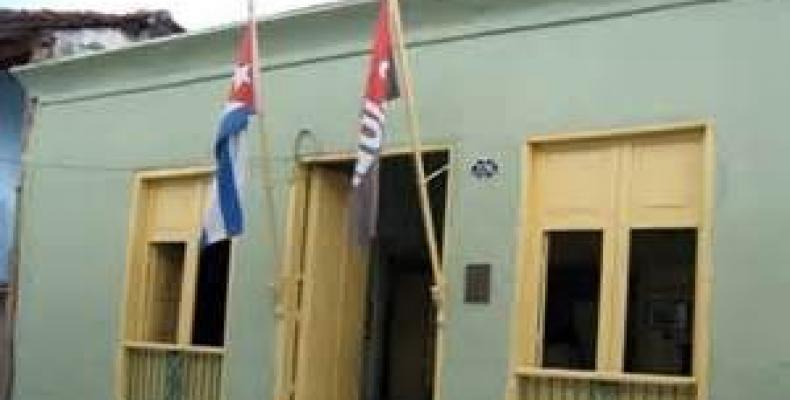
Frank Pais, the head of sabotage actions of the July 26th Movement, who was brutally murdered in Santiago de Cuba 58 years ago today, was a man of great artistic sensibility. That facet of the hero's life is on display at the Frank Pais Museum in the eastern city. ... More
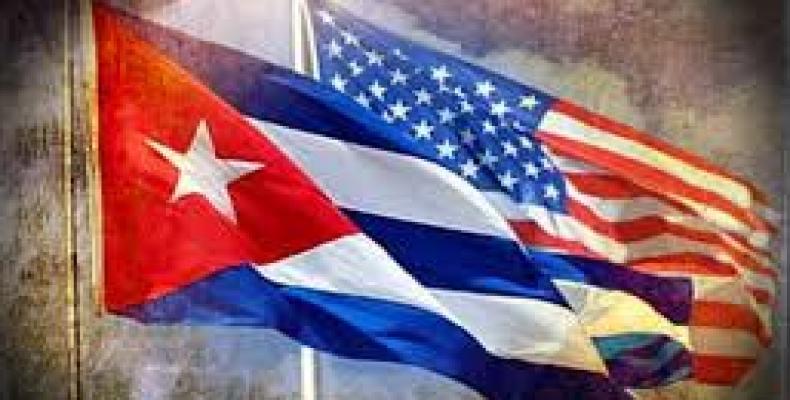
On July 20th Cuba and the United States restored diplomatic relations. Press reports called that day historical, because this would begin a new chapter in ties between the two countries.... More
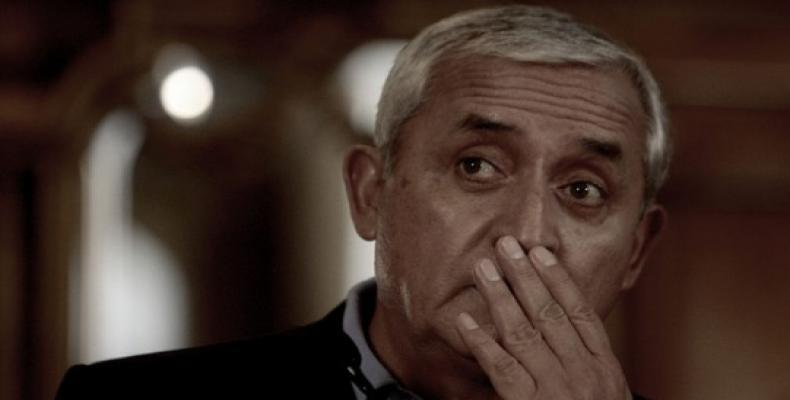
In Guatemala, outrage over two corruption scandals has fueled marches since the end of April, when an international prosecutors’ panel, backed by the United Nations, that has been working with the attorney general’s office, uncovered a scheme to charge lower customs duties in return for bribes. ... More
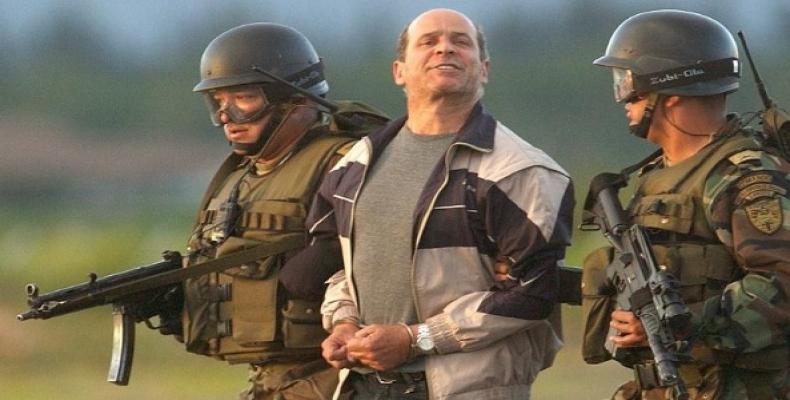
Ricardo Palmera, aka Simon Trinidad, has spent 11 years in complete isolation in a U.S. "supermax" prison: a violation of the United Nations Convention against torture.... More
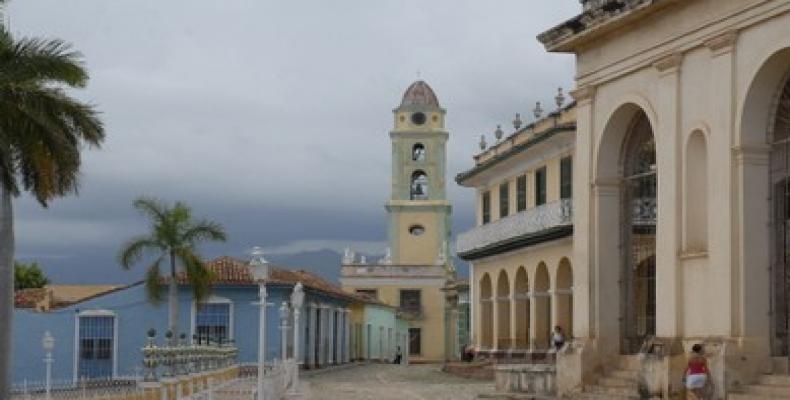
Given the tenet that concealment or ignorance of major historical events constitutes an obstacle to mutual understanding, reconciliation and cooperation among peoples, in 1994 the United Nations Educational, Scientific and Cultural Organization, UNESCO, decided to break the silence surrounding the slave trade and slavery that have affected all continents and that have shaped our modern societies.... More
For over 40 years, there was no a single food shipment between the US and Cuba, but in 2000 the Bill Clinton administration allowed exports produce to the island giving the one-way line of trade a boost of several hundred million dollars.... More

Today Radio Havana Cuba joins the celebration of World Radio Day, proclaimed four years ago by UNESCO, the United Nations Educational, Scientific and Cultural Organization, which on this occasion is dedicated to the youth of the world.... More

As part of the discussions of the Ninth Congress of the National Association of Private Farmers, Cuban farmers are currently undergoing a debate on the need to increase the production of meat; milk; tobacco; rice; sugar cane and other agricultural staples.... More
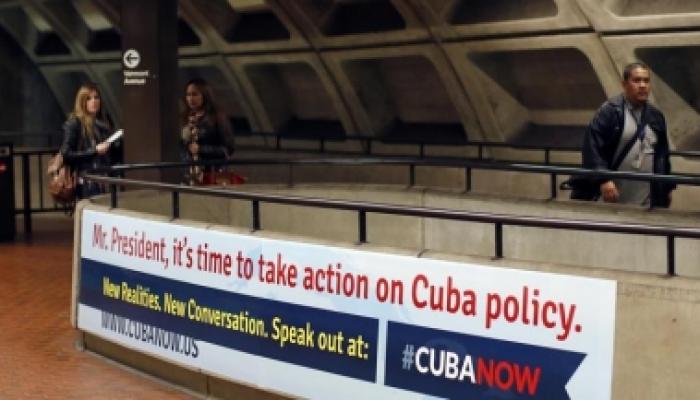
Petrolia, January 12 (RHC) -- When U.S. President Obama announced on December 17th that he would direct his administration to start normalizing relations with Cuba, there was one big obstacle: the blockade on Cuba would still remain in place. As Obama stated, the blockade has been codified in legislation. He announced his intention to engage with Congress about lifting the blockade. But with both chambers of Congress now in the hands of the Republican party, it doesn’t appear likely. But the reality is that Obama doesn’t need Congressional permission. As he did when he announced he would defer deportation for certain undocumented residents, Obama can – and should – act on his own, said Matt Poppe in an article published Monday by Counterpunch newsletter.... More
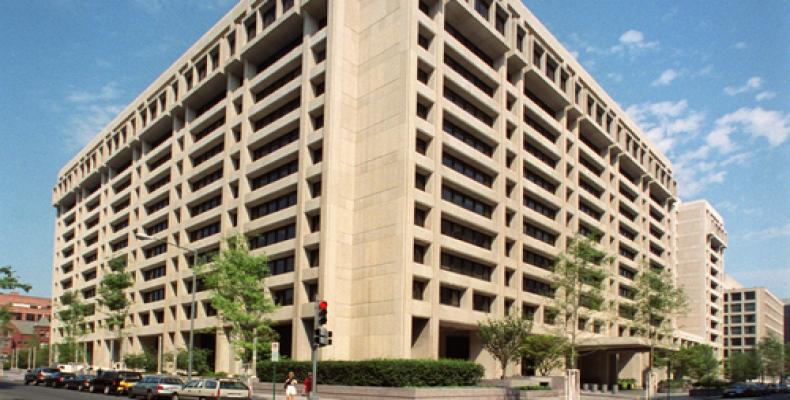
Sanibel, January 8 (RHC)–- The restoration of diplomatic relations between Cuba and the United States unlocks new prospects for the island’s economy. Some steps, including the removal of the US trade embargo, are prohibited by the Helms-Burton Act, adopted by the US Congress in 1996. But the renewal of Cuba’s membership in the International Monetary Fund is a real possibility, pointed out a former IMF historian in an article published by Project Syndicate website.... More
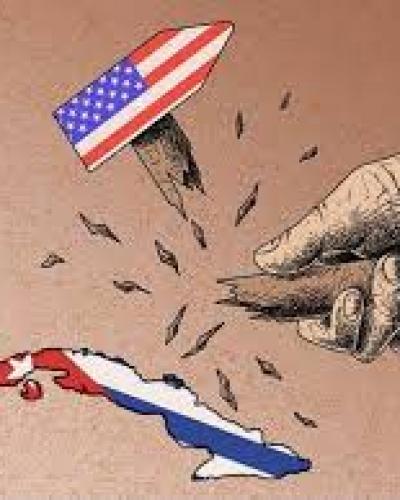
Cambridge, January 2 (RHC)-- With Western economic sanctions against Russia, Iran, and Cuba in the news, it is a good time to take stock of the debate on just how well such measures work. The short answer is that economic sanctions usually have only modest effects, even if they can be an essential means of demonstrating moral resolve, according to Kenneth Rogoff, Professor of Economics and Public Policy at Harvard University, in an article published by Project Syndicate, an opinion web page.... More
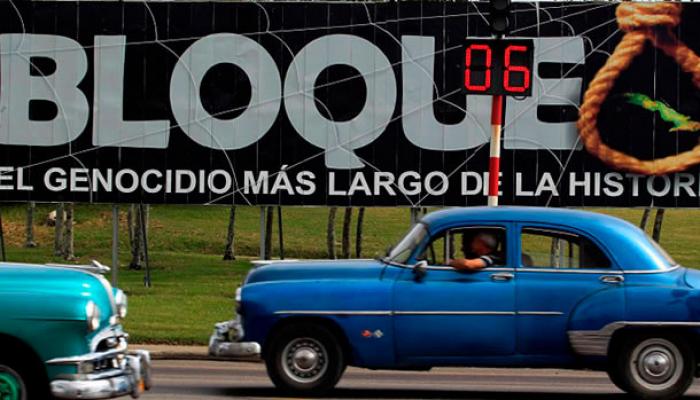
On February 9, 1995, a year before the Helms-Burton Act of 1996, House Representative, and New York Democrat Charles Rangel introduced a bill, the Free Trade with Cuba Act, designed to remove the blockade and begin a dialogue with Cuba. Congress opted instead for a hard-line stance against Cuba. ... More
More Views
- Trump’s pick to lead U.S. military has tattoos linked to white supremacists and Nazis
- United States votes against UN resolution in favor of the Palestinian people to self-determination
- Granma seeks alternatives to continue classes in earthquake-affected centers, with teachers offering their homes
- World Bank reports Israel’s aggression inflicts $8.5 billion in economic losses on Lebanon
- Annual solidarity conference of National Network on Cuba underway in U.S. city of Detroit, Michigan

